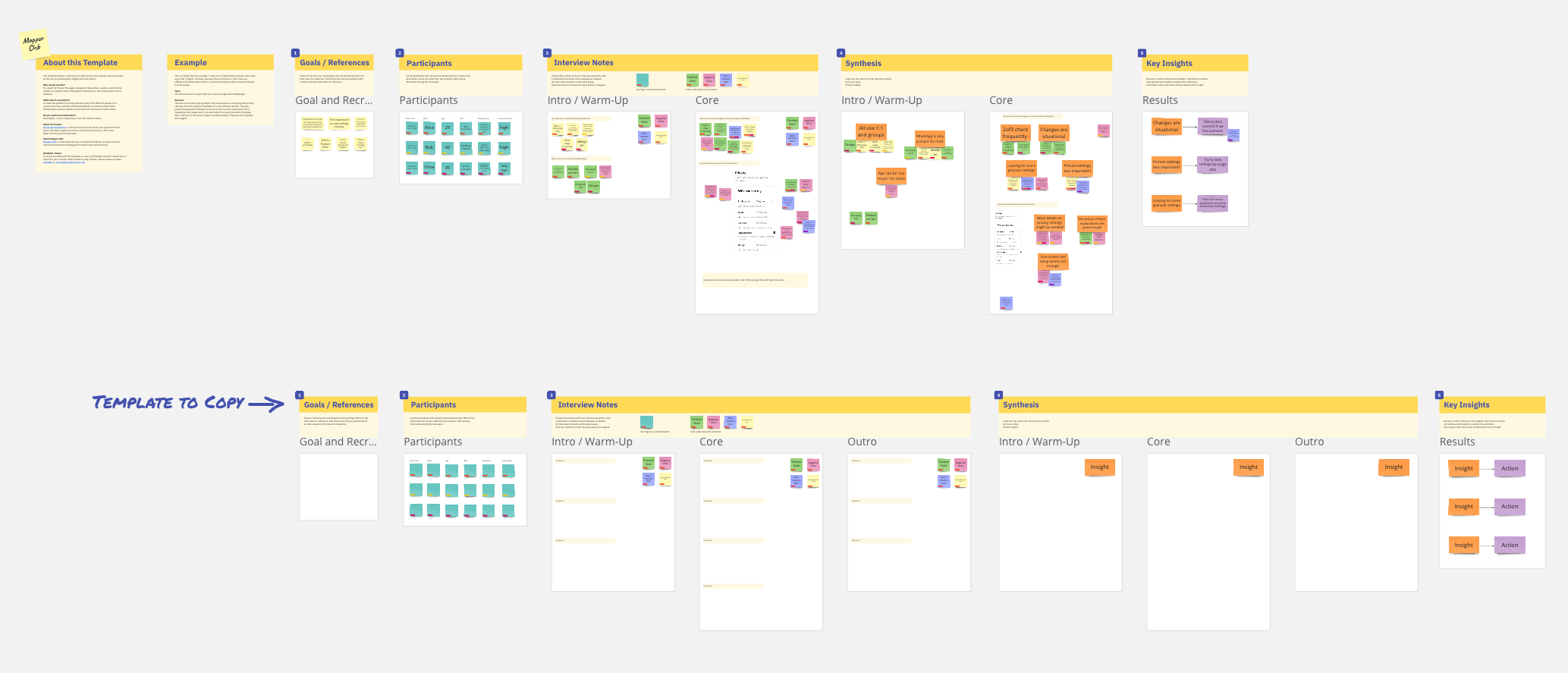🛠️ What does it take to talk to customers?
What does it take
|
Dear Reader,
Together with my friends at Orbital (a company I advise), I recently ran a LinkedIn poll about user interview behaviors. My goal was to get a rough overview of how product teams approach preparing customer interactions.
Here’s what I learned from the 320 total votes:
Who schedules your customer interviews?
Most (55%) of participants schedule interviews themselves, which indicates the healthy democratization of research access to scale Discovery in companies. While it requires the right skills and tooling, I have seen many situations where enabling a product team to recruit themselves simply reduces friction. And it creates the capacity for roles like user researchers to focus on the big rocks.
How long did it take you to schedule and conduct your last five customer interviews?
But do teams get the access they need? What's the point of being able to do your research when it takes you ages to get to the next reliable insight? 53% of participants shared that setting up their last five interviews took less than two weeks. Depending on the quality of the participants (and, consequently, insights), this feels good enough. Faster is often better, but you sacrifice interviewee quality for an artificial cadence.
How do you target interview participants?
Speaking of which, How do teams ensure they talk to the right people? Product Analytics data (38%) and Screener responses (32%) are the go-to qualifiers for the participants of this poll. This is probably the result of a team's context: The former depends on the available tooling and interview infrastructure, and the latter "only" requires skills to craft revealing screener questions.
Lucky for you, Orbital can help you in these three areas.
Disclaimer: I see the scientific shortcomings of LI survey data and the potential skewing of results. It's one valuable (and, frankly, fun) data point.
Did you enjoy this one or have feedback? Do reply. It's motivating. I'm not a robot; I read and respond to every subscriber email I get (just ask around). If this newsletter isn't for you anymore, you can unsubscribe here.
Thank you for Practicing Product,
Tim
How to Dive Deeper into Product Discovery
Learn how I helped companies like Deutsche Telekom and Forto hone their Product Discovery practices. I closely work with product organizations through workshops and coaching to introduce and adapt Product Discovery.
| Learn more about my Discovery Consulting |
What did you think of this week's newsletter?
As a Product Management Coach, I guide Product Teams to measure the real progress of their evidence-informed decisions.
I focus on better practices to connect the dots of Product Strategy, Product OKRs, and Product Discovery.
Product Practice Newsletter
1 tip & 3 resources per week to improve your Strategy, OKRs, and Discovery practices in less than 5 minutes. Explore my new book on realprogressbook.com
Product Practice #396 MECE: Double the Usefulnessof Your Metrics Trees PUBLISHED Feb 19, 2026 READ ON HERBIG.CO Dear Reader, Many resources say your metrics trees need to be "MECE." But how do you do it? MECE stands for: Mutually Exclusive Collectively Exhaustive In the context of metrics trees, this means mapping the individual drivers of an overarching goal in a way that allows us to identify and improve domain-specific levers through selective focus, while creating holistic...
Product Practice #395 How it feels being Interviewed by AI PUBLISHED Feb 13, 2026 READ ON HERBIG.CO Dear Reader, Last week, I invited you to join an AI-led concept test of a side project idea. Here's what participants share with me about their experience: "It was like getting interviewed by someone who is doing this one of the first times." "I felt free to say what I wanted without 'hurting' the interviewers. I felt listened (as the AI was repeating my points). But sometimes the conversation...
Product Practice #394 Can an AI Interviewer doYour Concept Testing? PUBLISHED Feb 6, 2026 READ ON HERBIG.CO Dear Reader, What happens when you let an AI do the concept testing of design variations? I used Reforge's AI Concept testing* to find that out. As a prototype, I chose an app idea that lets you document taste notes from brewing specialty coffee. And I need your help exploring how AI-led interviews feel for participants (and improving the app design ☕️). I mostly went with their...
